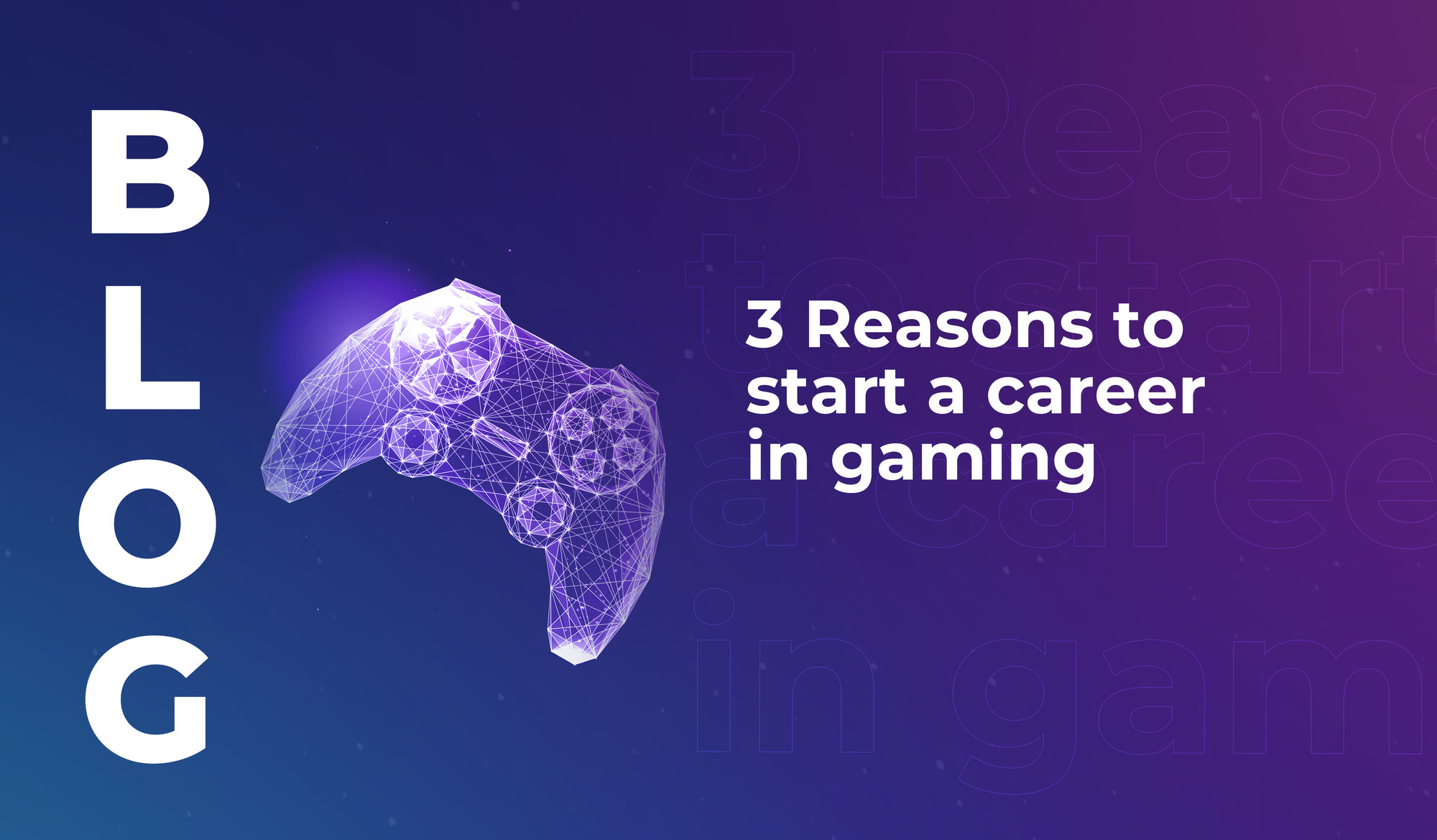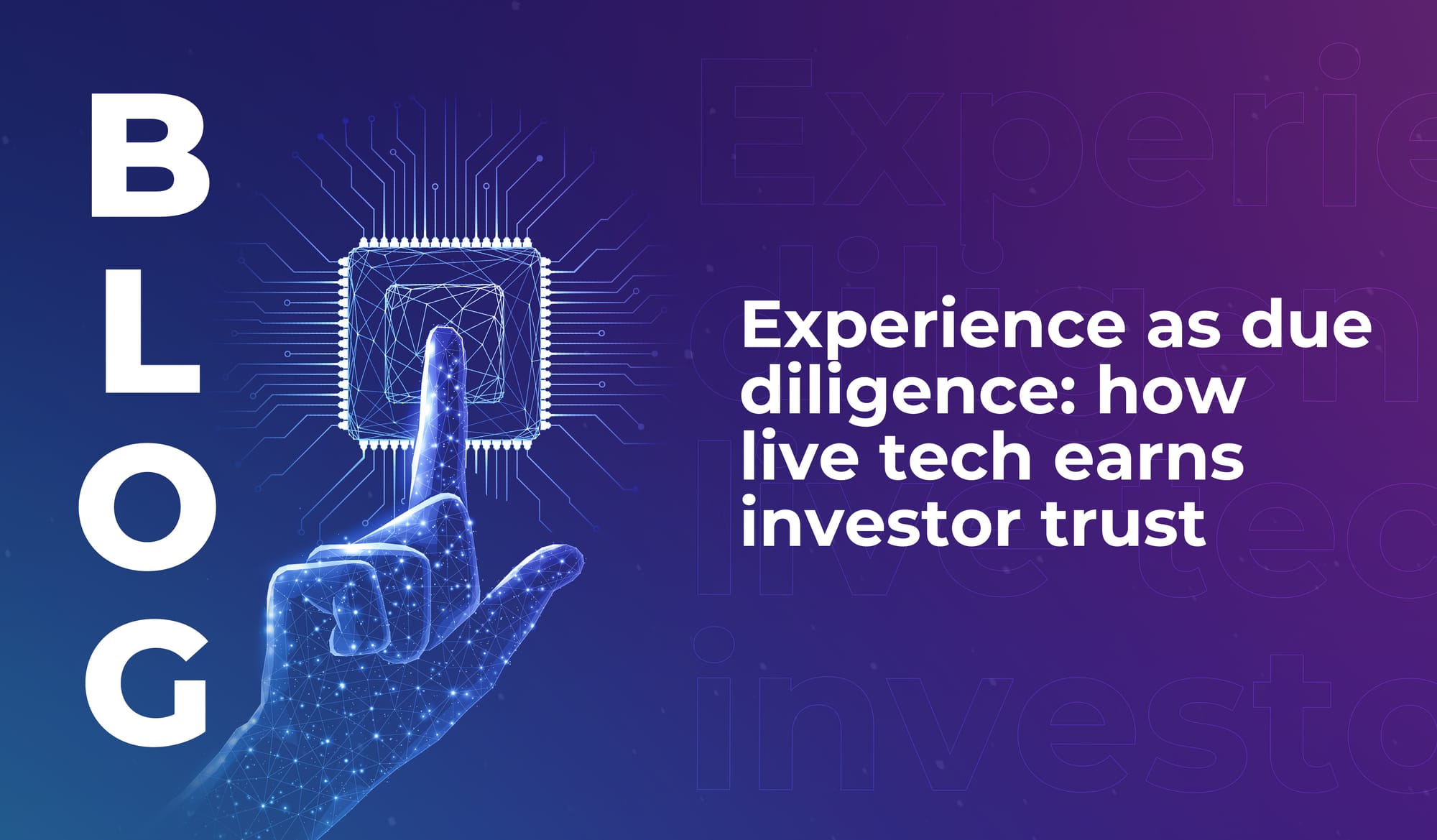
Ever heard that playing video games is a waste of time? We’ve heard it too – but we absolutely don’t agree.
In 2022, author Gabrielle Zevin’s hit novel Tomorrow, and Tomorrow, and Tomorrow shone a light on the gaming world for everyone (even people who’ve never had any interest in gaming at all) to see. Her novel follows three characters as they build their careers in the gaming industry, grow a company, and rise to the heights of success. And perhaps more importantly, it shows the characters as they experiment with creative ideas and storytelling strategies, and experience the power of games to make their lives better.
People who aren’t into gaming don’t read about gaming. But Zevin’s book changed that (at least for a brief moment in time). People who’d never considered gaming as a career started to wonder if they might find creative satisfaction in this sector.
The global gaming industry is now worth over $180 billion, and it’s evolving faster than. What used to be a niche interest has become one of the most exciting career paths out there.
We spoke to industry veterans and experts like David Fernandez (CEO at Sandsoft), Ahmed Sharif (CTO at Sandsoft), Michael Katz (Video Games Industry Expert), and Leon Winkler (Senior Director of International Events at Ubisoft HQ) to find out why now is a brilliant time to consider a future in gaming.
Here are three solid reasons to get started.
1. It’s an industry that never stops growing
Gaming has come a long way since the days of Pong and pixelated side-scrollers. As Michael Katz put it, when he began his career in the 1980s, games were developed by tiny teams and cost tens of thousands of dollars. Today, game development involves hundreds of people and budgets that rival blockbuster films – with the most expensive game so far reportedly costing $174 million.
Katz said, “At Epyx, we had one programmer on Pitstop – he was the designer, artist, and sound guy too. Now development teams are massive, and thousands of new games are released every year.”
What’s behind this change? Technological advancements, yes; but also the diversification of gaming platforms. Mobile gaming, in particular, is rewriting the rules. David Fernandez recalled a key turning point in his career during his time at Nokia:
“I distinctly remember a pivotal moment when mobile phones were evolving into multimedia platforms… the idea that people could play games anytime, anywhere, was revolutionary.”
Mobile is no longer an afterthought. It’s a multi-billion-dollar industry shaping the future of gaming. Ahmed Sharif highlighted how mobile now drives innovation in AR and VR, especially during his time at Meta:
“The potential for mobile to bring AR and VR into everyday life was huge. We’re not just making games; we’re shaping how people experience the world through their devices.”
Add to that the rise of hybrid-casual games, freemium models, and even blockchain-enabled decentralised game economies, and you’ve got an industry brimming with opportunity.
2. There’s a roll for every skillset
The beauty of the gaming industry is that it doesn’t just need developers – it needs artists, storytellers, strategists, marketers, community managers, audio engineers, and more. Whether you’re a coder or a creative, there’s a space for you.
That said, if you do want to become a developer, Katz recommends getting your hands dirty. “Play games, code, understand what makes them tick. Be willing to start as a tester and work your way up. And speak English and Chinese or Japanese if you can – it’s a global industry.”
Sharif also emphasised how the pace of innovation keeps things exciting: “The mobile games sector evolves constantly. AI, blockchain, player behaviour analytics – they’re all reshaping how games are built and monetised.”
And it’s not just about technology. Fernandez pointed out the importance of designing with empathy and user experience in mind, because “only a game designed with the player’s experience at its core will excel and drive the highest revenue.”
The key takeaway? Whether you’re into engineering, design, psychology, writing or business, the gaming world needs your talents.
Gaming isn’t just an industry; it’s a culture. And working in games means you’ll be contributing to experiences that millions of people around the world care deeply about. Leon Winkler sees the value of in-person events as vital to community building:
“In an age where so much of our communication is digital, there’s something incredibly valuable about shared real-life experiences. These are the moments that build loyalty and a real sense of community.”
That community connection has become even more crucial in recent years. Fernandez noted how mobile games helped people stay connected during the pandemic through social gameplay – “leaderboards, multiplayer modes, and social sharing kept players close, even when they were physically apart.”
And the reach of gaming is only growing. Whether you’re helping shape AAA console experiences, or creating a mobile game that entertains someone on their morning commute, you’re part of a global conversation.
Even better? You get to attend events like Gamescom, GDC, and even LEAP, where innovation meets fandom, and you can build lifelong networks of people who share your drive. As Sharif put it:
“LEAP provides a unique platform to showcase our innovations, connect with industry leaders, and refine our strategies. It’s where the future of gaming is shaped.”
So, Why Gaming?
Because it’s dynamic, diverse, and deeply connected to culture. Because it’s one of the few industries where imagination and technology truly go hand-in-hand. And because, as Katz, Fernandez, Sharif, and Winkler all show us, it’s a space where passion turns into career-defining purpose.
If you’ve ever been captivated by a game – be it the vast cityscapes of GTA, the awe-inspiring climbs in Assassin’s Creed, or the gripping wastelands of Fallout 3 – then you already understand the power of gaming.
Now imagine helping to build that power into the next great experience.
Are you ready to level up?
P.S. Read Tomorrow, and Tomorrow, and Tomorrow. You’ll love it. We have no affiliation with Gabrielle Zevin or her publisher; we just really love her book.








